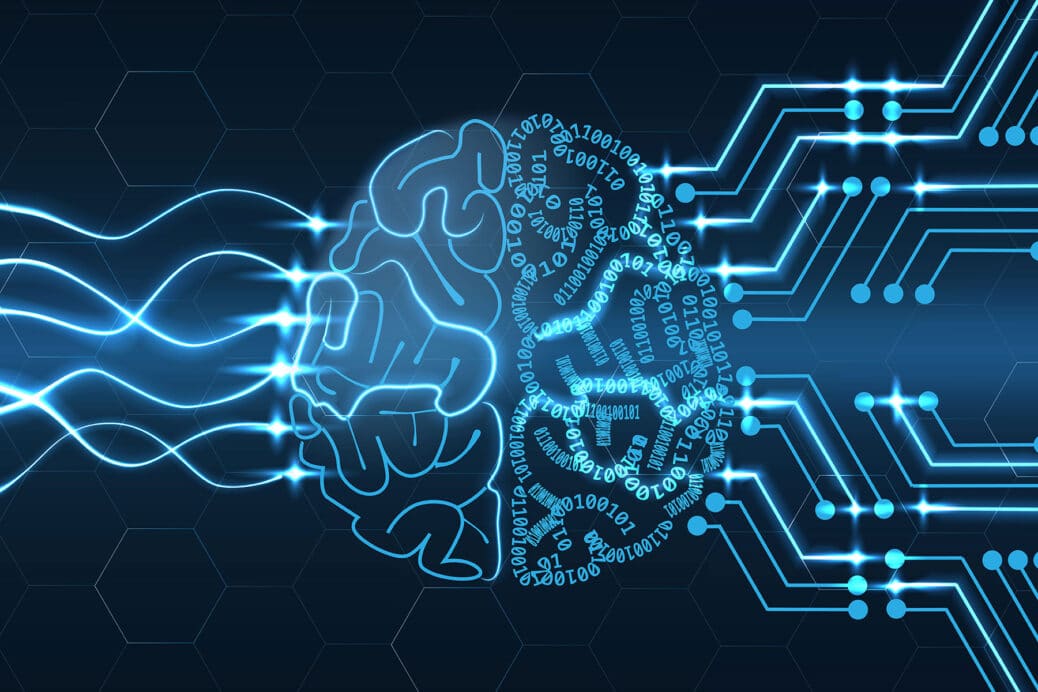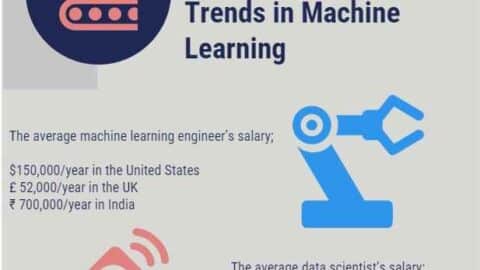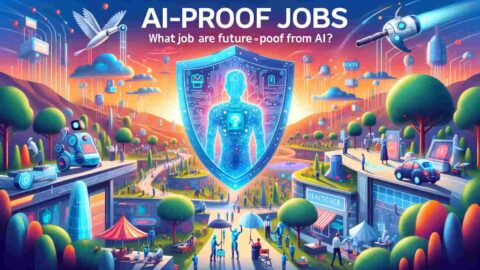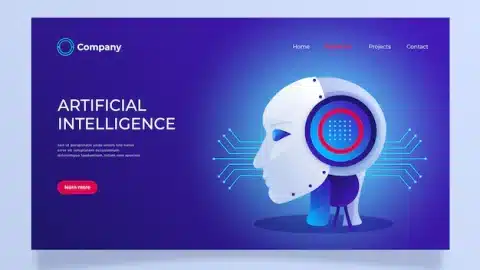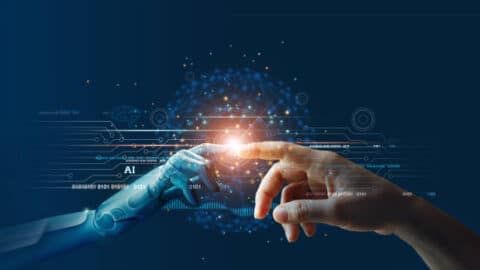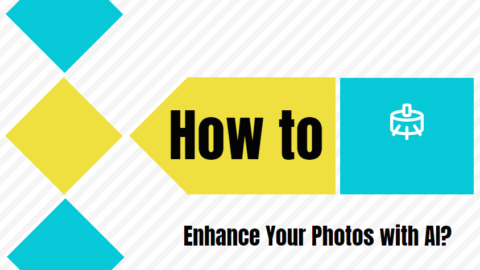Ethical Problem of Artificial Intelligence
Artificial intelligence (AI) research has provided positive innovations in many areas of our lives from the past to the present. For example, robotic arms that help surgeons in surgeries, driverless vehicles, or some other technological products make our lives easier. Scientists are not content with innovations like these. And they attempt to produce humanoid systems and robots in the context of AI. Those will be conscious, thinking, and experienced like humans. This situation brings with it some ethical problems. For example, how right is it to entrust a patient to a medical robot. Or how objective is the AI system, which is a recruitment specialist. In this article, we’ll take a look at some ethical problem of artificial intelligence and what is applied ethics.
Table of Contents
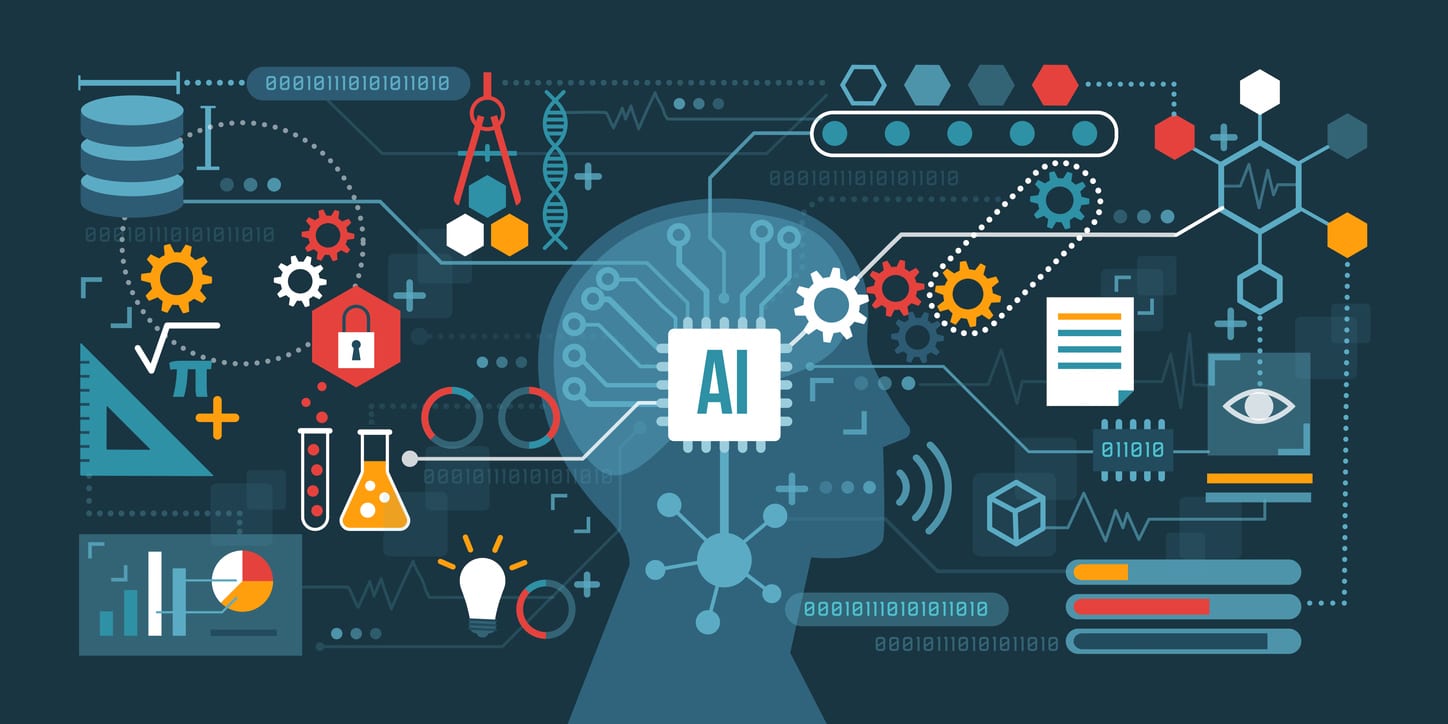
The Concept of Ethics in Technological Developments
Ethics is a discipline that deals with the values of right/wrong, good/bad actions related to human behavior. As well as a concrete moral life that shapes the life of the individual. And focuses on this phenomenon and focuses on the theoretical structure of action.
Applied ethics, on the other hand, tries to find solutions to the problems that arise with technology. Also with current ethical approaches. Applied ethics, which tries to analyze it as a moral and philosophical evaluation against the problems frequently encountered in private life as a result of technology.
Understanding Applied Ethics and Ethics of Artificial Intelligence:
Today it has branches such as bioethics, medical ethics, legal ethics, robot ethics, environmental ethics, and media ethics. And lastly, applied ethics tries to form ideas about what to do or to find concrete solutions to find solutions to the problems that the society is in. In this sense, for a subject to enter the field of applied ethics, it must lead to discussion. For example; ethical problems related to global climate changes, the environment (pollution of soil, seas, water resources, and air, etc.) should be considered as applied ethical problems. The same applies to ethical problem of artificial intelligence.
Although the development of technology and science has provided convenience in human life, the advancement of technology also brings with it concerns about the future. The problems and controversies that this situation will cause ultimately require its inclusion in the issue of ethics. Computers and artificial intelligence have a place in human life will limit thinking and business skills today. And the thought that there may be more for the human race in the future shows that AI needs ethical discourse.
In this sense, applied ethics is expected to lead the way for the problems of the future of AI, especially against the issues that are expected to cause ethical problems. Applied ethics provides a perspective on many questions in terms of forming the basis of ethical action regarding the future of AI. For example, “Can AI be responsible, is an ethical AI possible, can it have the power to choose?”
Difference of Artificial Intelligence from Natural Intelligence
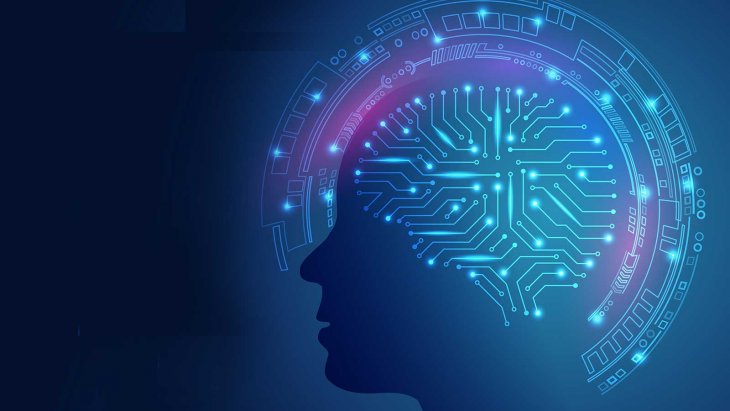
AI is permanent compares to natural intelligence. In the context of natural intelligence, a human being is an entity that can forget the events and learn over time. Unless he experiences them over and over again. However, in the context of AI, a data written to the memory of the computer or robot remains in the memory as long as it is not deleted. Therefore, while humans can forget, the computer cannot forget.
In addition, another difference is that a person with natural intelligence cannot transfer his knowledge to another person as a whole.
However, in the context of AI, it is easy to transfer the general information of a computer to another computer. Raising the intelligence level of a computer is easier and simpler than raising the intelligence level of a person. Therefore, while AI can be obtained more easily, natural intelligence is not easily obtained. Sometimes, two people can approach the same event differently in the face of an event. And this is because people’s intelligence levels are different from each other. However, in AI systems, AI is more consistent. Because the response will be the same in the same or similar events.
The reason for this is that the same algorithms or codings are installed on AI systems. In the context of natural intelligence, humans can improve their intelligence by evaluating their own and others’ experiences or behaviors. But AI capacity depends on the information as per the information in computer. Therefore, when we look at it in this way, we can say that natural intelligence is more creative than AI.
Is Ethics a Problem for Artificial Intelligence?
The increasing incorporation of Artificial Intelligence applications raises concerns that it will bring about moral, legal, and social change in the future. The rapid growth of the AI industry and the fact that it has more knowledge and workforce than humans will lead to moral change. Due to these thoughts, the inability of AI to take responsibility, will, moral action and the increase in human production necessitate the existence of ethical studies.
Ethics in Artificial Intelligence:
In this sense, the views on how to model the ethical values of AI are a subject that continues today. Along with the discussions, how to make sense of the ethics of an AI also raises question marks. Therefore, regarding the ethical reality of AI, “Will the ethical responsibility belongs to the machine or a human for the mistakes of the machine?”. It is one of the first questions to answer.
Starting from the question, a new ethical problem arises. “Armament in wars” can be an example of this situation. Who will be responsible for the use of AI on the battlefield when a war crime is going on? Is it the manufacturer of the AI applications, the manager using the application, or the AI itself aims to fight?
If the responsibility is on an AI, people will use AI to do whatever they want. And people will not assume their ethical responsibility and cause the obligations to disappear. The question about who will have the ethical responsibility opens the door to another question. That question is whether it is ethical to build AI in this way. If a person doesn’t take responsibility for the situations he causes and puts them on AI, this will cause an unethical action in itself.

Brantlee Bhide is a project manager at HB Consultancy. She has 16 years of experience working as a project professional across varying industries, countries, and cultures. She operates in both business and technical domains using an approach that she developed.

